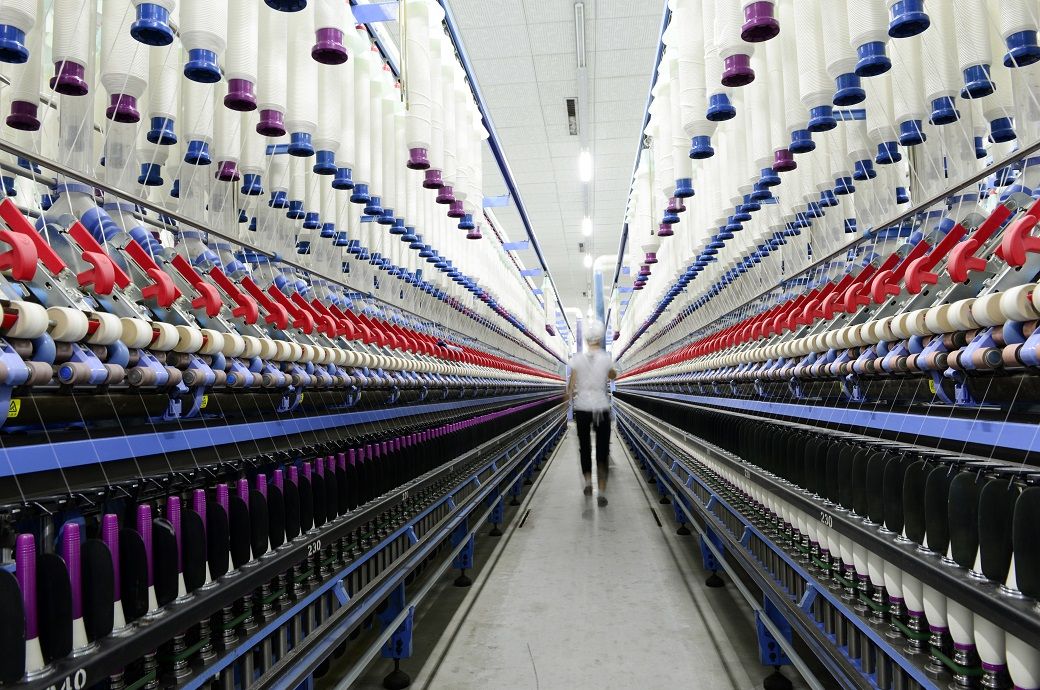
The approximate net power tariff increase for the textile industry works out to ₹1 per unit. Since 1 kg yarn manufacturing needs on an average 5 units of power, the production cost will increase by ₹5 per kg, according to the Southern India Mills Association (SIMA). So, for a spinning mill having 25,000 spindles, the power tariff increase per year would be to the tune of ₹1.2 crore.
“This will affect the competitiveness of the downstream sectors like powerloom, handloom, garment and made-ups segments that already raise voices against any increase in yarn price,” SIMA chairman Ravi Sam said in a communication mailed to the media.
Compared to the raw material rich (cotton and man-made fibres) states like Gujarat and Maharashtra, Tamil Nadu based units are already uncompetitive and are unable to make sizable investments in modernisation, capacity expansion and green field projects, the communication said.
Separately, the Tiruppur Exporters’ Association (TEA) said that the knitwear sector is already affected due to various adverse factors like increased yarn prices and the Russia-Ukraine war which has decreased the purchasing power of the European consumers. As a result, the export orders to the Tiruppur knitwear sector have drastically reduced. A similar situation is prevailing in the US market also due to high inflation there.
Stating that micro and small sized units are neither in a position to absorb the power tariff hike nor pass on the same to the foreign buyers, TEA president Raja M Shanmugham cautioned that the combined negative factors may put a question on the survival of units and may lead to loss of employment for those who work in these factories.
Both SIMA and TEA have made an appeal to chief minister MK Stalin to reduce power tariff to save the state’s textile industry.
Fibre2Fashion News Desk (KUL)